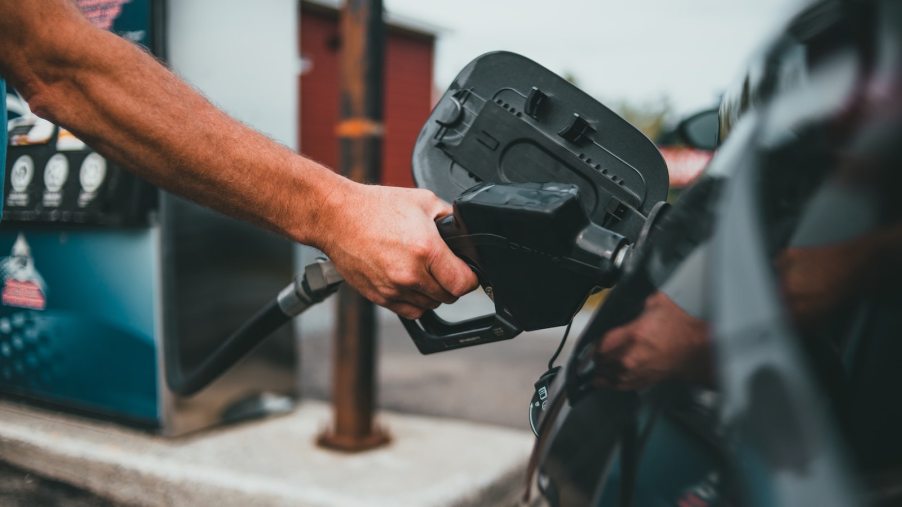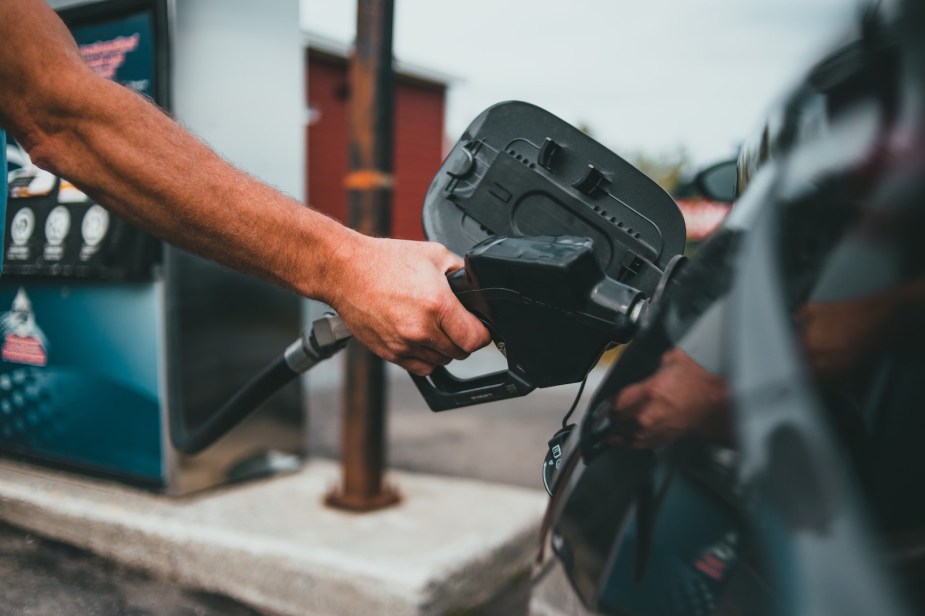
Why Is Gas More Expensive In the Summer?
If you’re a seasoned driver, you’ve probably noticed that gas prices tend to go up around Memorial Day. But it’s not uncommon for gas prices to increase during summertime. Gas sold during the summer is different from gas sold in the winter. And believe it or not, it’s more expensive to produce during the summer. Let’s find out why.
Why does summer gas cost more?

There are a few reasons why summer gas costs more. More recently, How Stuff Works states, “The reasons are many and varied, but two causes are soaring inflation and the fact that many countries, including the U.S., have cut off oil imports from Russia, one of the world’s top oil producers, due to the war in Ukraine. This volatility has shaken the crude oil markets and continues pushing prices higher.”
This isn’t always the case, though—another reason gas prices seem higher in the summer is that school is out. The New York Times reports that more families take road trips in cars and RVs, increasing fuel demand. Then, you have to think about natural disasters, like hurricanes. These natural disasters can increase gas prices at a moment’s notice.
Government regulations also play a role in higher summer gas prices. It is instructed that we use cleaner-burning fuel to help lower emissions from the vehicles burning fuel. When it’s hot outside, gas has a higher chance of evaporating from your car’s fuel system. This can potentially increase emissions and smog. The fuel in your car has to evaporate. That’s why summer fuel has lower Reid vapor pressure. RVP is a generic term for gasoline volatility.
Since we are still recovering from the economic slowdown of Covid-19, you may still see higher gas prices while the economy continues to build momentum.
Do gas prices always rise in summer?
Yes, gas prices always rise during the summer. The fuel supply changes twice a year in the United States. This is known as the seasonal gasoline transition, which happens yearly. Gas stations around the country switch between summer-grade and winter-grade fuel. April to June is the “transition season” for gasoline production.
Why is gas cheaper in the winter?
During the winter, gas has a higher Reid Vapor Pressure or RVP. That means it evaporates more quickly, making it easier to start your car in cold temperatures. Winter-blend gas is far less expensive to produce, and why you see the lower gas prices from late September until late April.
Lower gas prices are nice but aren’t always better
Although gas prices are higher during the summer, just know that this happens yearly. Winter is around the corner, but just keep in mind that the lower-cost winter gas contains a bit less energy when compared to summer fuel. As a result, your fuel efficiency may go down during those months. The good news? In 2021, the EPA stated that “roughly 75 million Americans breathe cleaner air today because of the seasonal fuel program.”



